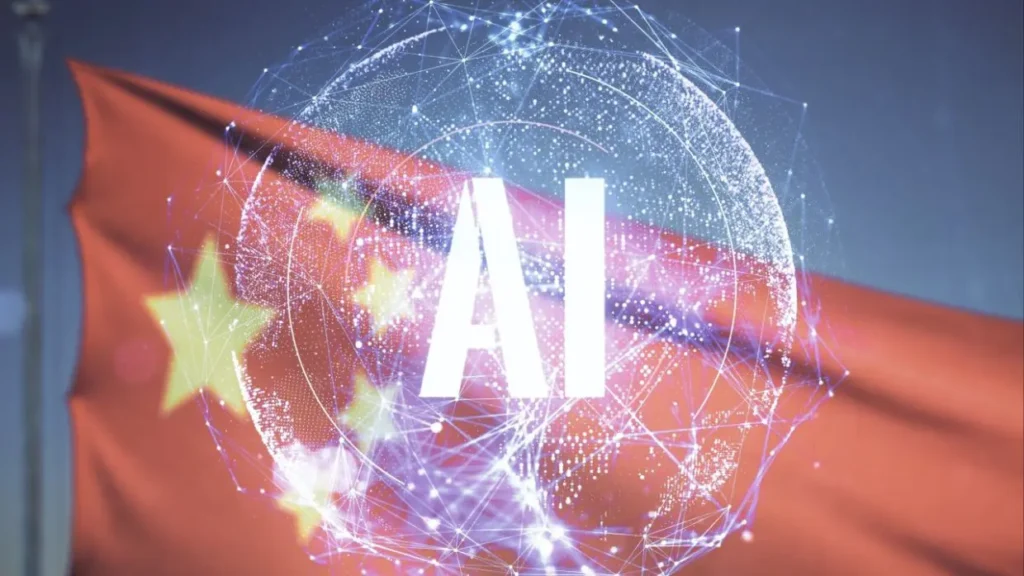The Chinese government has officially implemented a sweeping new regulation requiring that all AI-generated content be clearly marked as such, a move aimed at enhancing transparency, curbing misinformation, and strengthening state control over rapidly advancing generative technologies.
Announced by the Cyberspace Administration of China (CAC), the new rule mandates that any text, image, video, or audio created by artificial intelligence must carry a visible label indicating its non-human origin. The regulation applies across platforms, including social media, news outlets, search engines, and online forums, and affects both domestic and foreign companies operating within the Chinese internet ecosystem.
“The labeling of AI-generated content is essential to maintaining information integrity and public trust,” said a spokesperson for the CAC. “As generative AI becomes increasingly sophisticated, it is crucial that users can distinguish between content created by humans and content produced by machines.”
The regulation, which went into effect this week, is part of China’s broader effort to tighten oversight of artificial intelligence amid concerns over deepfakes, misinformation, and potential threats to social stability. The government has been especially wary of AI’s potential use in spreading politically sensitive or false information, and has already introduced earlier measures requiring AI developers to ensure their systems reflect “core socialist values.”
Companies that fail to comply with the labeling requirement face steep penalties, including fines, suspension of services, and even criminal liability in cases deemed to cause serious harm. Tech firms have been urged to develop tools to automatically detect and label AI content in real-time.
Industry response has been mixed. While some domestic firms, such as Baidu and Alibaba, have signaled their readiness to adapt to the new requirements, others have raised concerns about the technical feasibility and potential impact on innovation.
International observers view the regulation as a continuation of China’s proactive — and often restrictive — approach to AI governance. While transparency advocates have praised the move as a step toward digital accountability, critics argue it may also serve as another mechanism for state surveillance and control of online discourse.
As other nations grapple with similar questions around AI regulation, China’s labeling mandate may set a precedent for future global policies. For now, Chinese internet users will begin to see more notices identifying which parts of their digital experience are human-made — and which are not.
